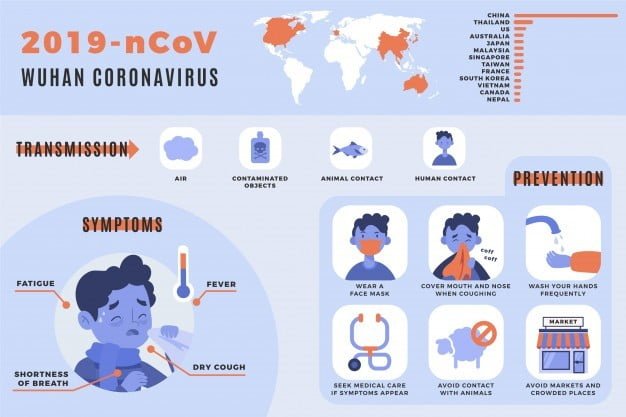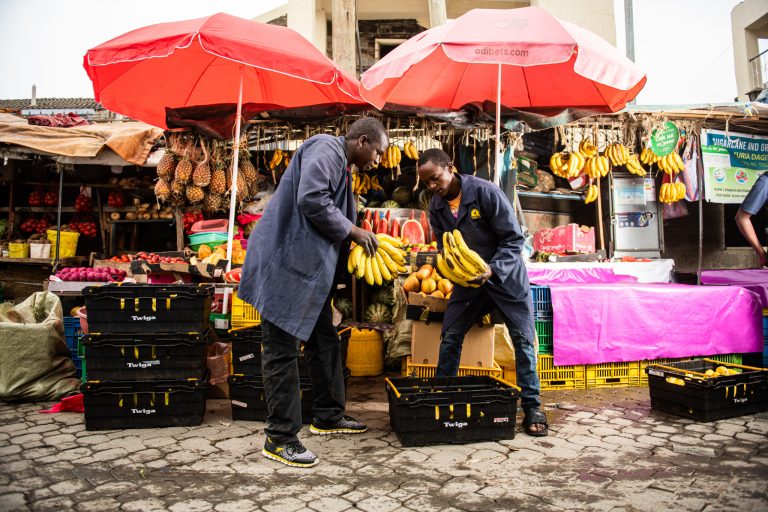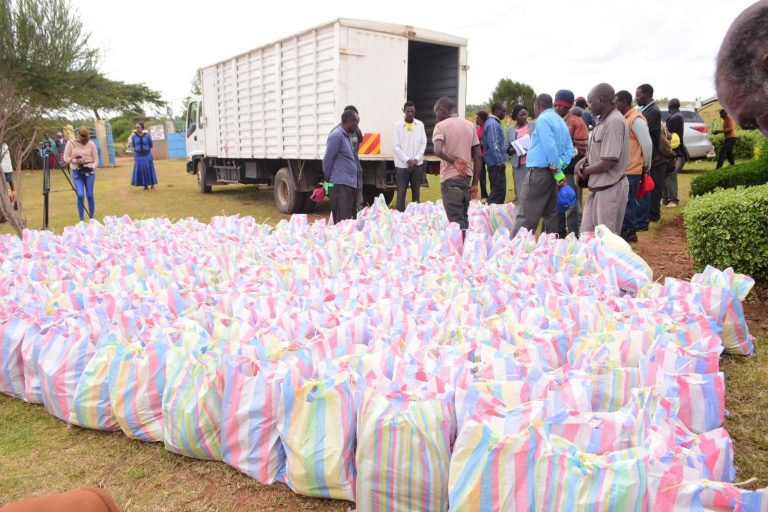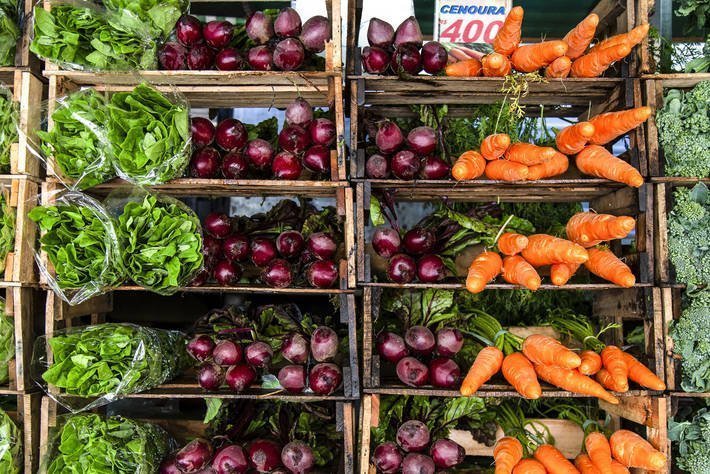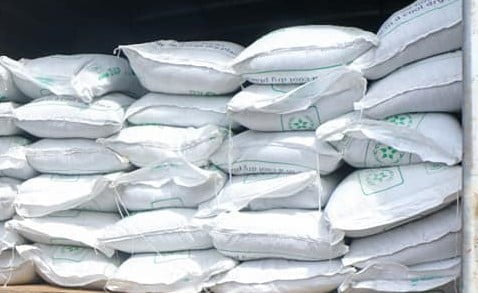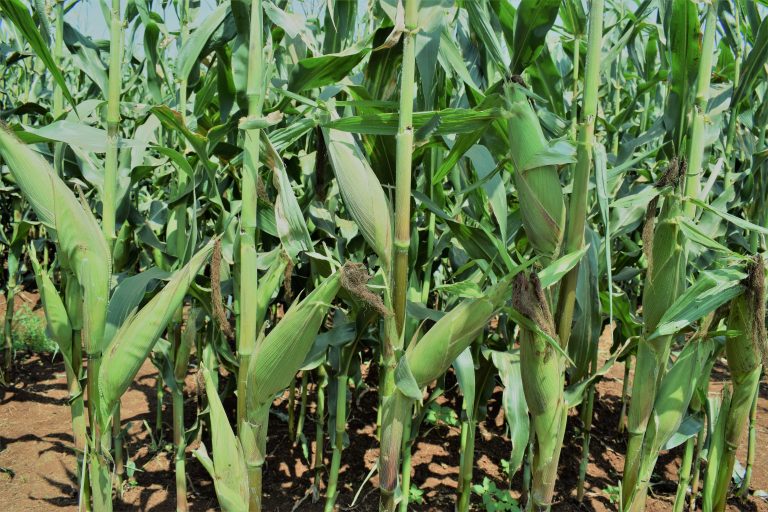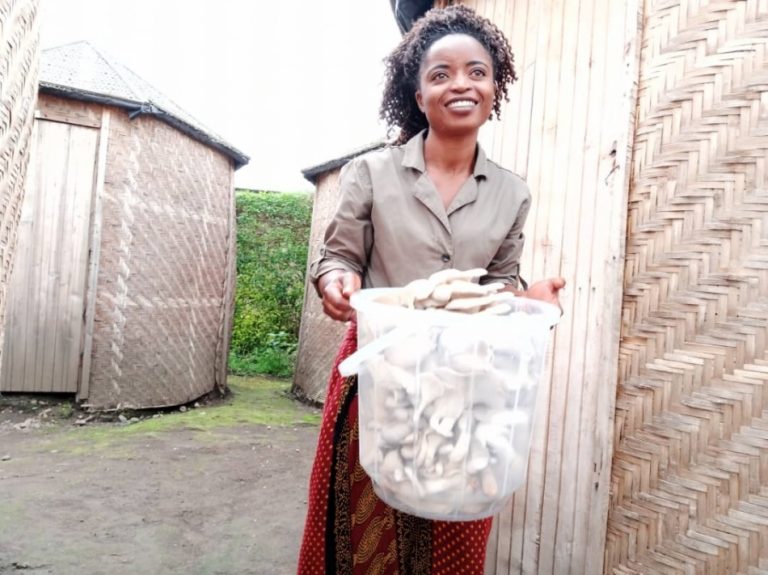By Kenya Livestock Producers Association (KLPA)
The deadly coronavirus has been spreading quickly worldwide. Originating from live animal markets in Wuhan, China the virus has now spread across Europe, parts of Asia and even into Africa. As at the time of writing this article, twenty seven African countries had recorded 376 coronavirus cases, according to the World Health Organization. Kenya has three confirmed cases, Rwanda 5 cases but the majority of the cases are in four countries namely Egypt, Algeria, South Africa and Morocco.
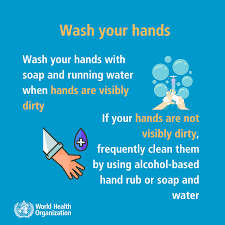
Kenya has put stringent measures to prevent rapid spread of the virus. Some of the steps taken by the government include banning of public gatherings, closing of schools, encouraging use of mobile and other forms of cashless payments and encouraging people working from homes. Everyone who has entered Kenya in the last 14 days has been advised to self-quarantine, while anyone with a cough or fever is required to be tested for the virus.
The virus will definitely have negative impacts on the economy as has been witnessed in other countries where the stock market prices have plummeted and trade activities reduced drastically. Kenya’s economy largely depends on the agricultural sector, with horticultural, tea and coffee exports being the most important drivers. The virus is most likely going to slow down if not halt these exports for some time. There is likely to be a hike in the cost of farm inputs that are imported into the country.
The agricultural sector also supports the Kenyan hospitality industry providing food supplies that are served in hotels and restaurants. Kenya is also a big destination for international conferences and meetings which positively impact the agricultural sector. With the coronavirus limiting travel, the hospitality industry will be negatively impacted thereby affecting the agricultural sector in return.
Diaspora remittances to Kenya is also expected to fall to its lowest as the consequences of lockdown in Europe due coronavirus. Recently the remittances have become the largest contributor to forex reserves, which the Central Bank of Kenya (CBK) uses to stabilize the currency. Diaspora remittances stood at Sh280 billion last year. A good chunk of these remittances are invested in the agricultural sector especially around the beginning of long rains in March and April. Reduction in remittances will result in reduction in investments in agricultural activities.
However, it’s not all gloom. There is likely going to be increased purchases for food supplies as people stock up so that in case there is a complete lock down, they will not be affected. Even with a lock down, people will need to eat and so the local demand for food supplies is likely to remain the same if not go higher.
The coronavirus epidemic will definitely put a strain on our agricultural sector which is already suffering from the dessert locust invasion in parts of the country. It is therefore imperative that as country to put several measures to ensure food production continues and that food security for all Kenyans in ensured. Some of the measures include:
• Rolling out an aggressive campaign among the population on how to protect oneself from the virus. This is extremely important in large farms such as tea, coffee and flower farms where there are large numbers of workers. This farms need to quickly put in place Guidelines on Workplace Protocols which will offer guidance on the process to follow in case of a confirmed case within the farm. It entails;
• County governments need to ensure that the necessary safety precautions are adhered to in all county food markets.
• The government needs to work closely with the private sector, farmer organizations and cooperatives to ensure that farm inputs are available to farmers at affordable prices and act firmly to ensure traders do not take advantage of the situation to hike prices of fertilizers, seeds and pesticides which can affect crop production.
• Stakeholders in the agricultural sector also need to start exploring ways to move the sector forward towards more sustainable farming practices.
Just like other epidemics that we have faced before in the last two decades such as Ebola, SARS, swine flu among others, even coronavirus will come to pass. The most important thing will be not to panic but to follow the protective measures that have been laid out. This includes:
• Washing your hands frequently with soap and water. If there is no water point, you can use a hydro-alcoholic solution / sanitizer.
• Covering your mouth and nose with the crease of your elbow or with a handkerchief when you cough or sneeze – throwing the handkerchief immediately after and washing your hands.
• Avoiding close contact such as shaking hands, hugging and kissing with people even though they appear healthy.
• In case of fever, cough and difficulty breathing, visit the nearest medical centre and do not go to your place of work.
If someone in your household is exhibiting the aforementioned symptoms, you are required to report to your Line Manager before reporting to your place of work.
Farmers have withered many storms before and this one will not be an exception.


